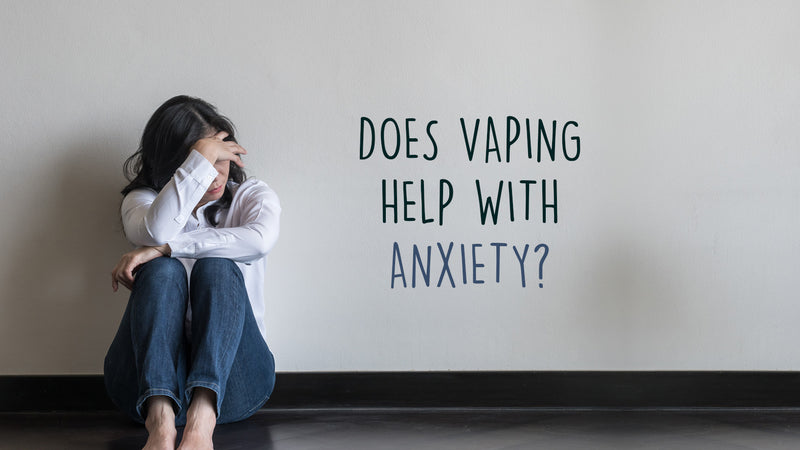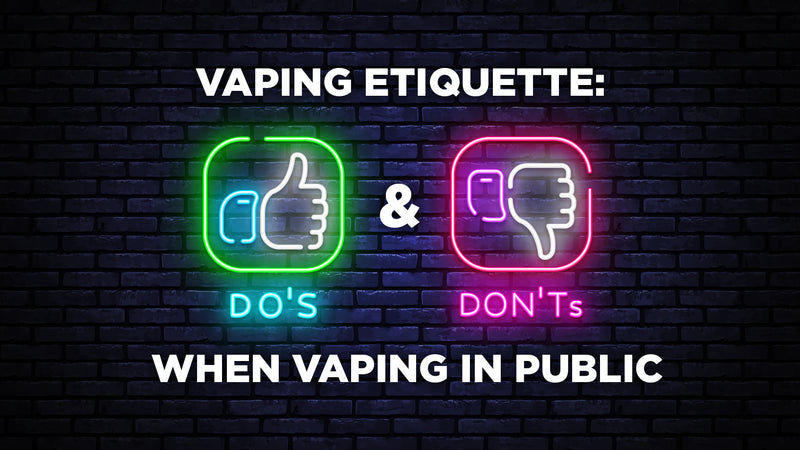

- Five scientists, including Assistant Professor Raciti, Research Fellow Maglia, Assistant Professor Caponneto, and Professor Polosa, make the case for electronic cigarettes in a recent publication. Additionally, Professor Polosa graciously consented to respond to certain inquiries we had regarding the study.
- The authors of the study emphasize the apparent safety and rising quality of e-cigarettes, as well as their enormous advantages over more conventional but ineffectual methods of quitting smoking.
The study, according to Professor Polosa, had two goals:
- to make a compelling case for e-cigarettes as a tool for reducing the harm from tobacco.
- to promote additional study into electronic cigarettes.
Arguments In Favor Of A New Alternate
The issue is very straightforward: not enough smokers are giving up.
Success rates VS Quit smoking attempts
- That's partially because nicotine (or smoking, as e-cigarettes don't seem to be as addicted as cigarettes) alters your brain, which can make it challenging for you to stop.
- Some of these changes might be permanent, which would help to explain why so many of us quit smoking for a while before picking it back up again.
- In actuality, only 5% of long-term attempts to quit are successful.
- Without smoking, nicotine is relatively safe and has advantages as well.
Studies listed in the article also demonstrate:
- Little to no cardiovascular risk exists.
- Some disorders, such as Tourette's Syndrome and ulcerative colitis, may be helped by nicotine
- nicotine is being explored as a treatment for memory impairment, attention deficit disorder, depression and Parkinson’s disease
- And that:
- nicotine is well tolerated during weeks and months of treatment
- showed no indication of significant health impacts
Are E-Cigarettes Safer?
- However, despite believing that the health risks of e-cigarettes were similar to smokeless tobacco (around 1% of the risks of smoking), the authors did call for more research to be done into the safety of electronic cigarettes. The authors also highlighted a report by a group of international scientists working for the Independent Scientific Committee on Drugs (ISCD), who concluded that electronic cigarettes carried no more harm for you than nicotine patches.
- I questioned Professor Polosa why he would try to establish a case for e-cigarettes when additional research was needed, to which he replied:
- There is no doubt that ecigs are significantly safer than traditional cigarettes and for this simple reason we advocate their adoption by smokers not intending to quit, and/or smokers who have repeatedly tried to quit and failed.
Are electronic cigarettes improving?
The document references which asserts that eliquid is now:
- purer
- more reliable
- more precise
Recent tests indicated that current e-liquid does not contain ethylene glycol or diethylene glycol and that nicotine content was typically 1-2% of reported amounts in the tested samples, supporting these claims.
E-cigarettes are enhancing nicotine delivery, as shown by a number of research on nicotine absorption.
An early study (2010) discovered that e-cigarette users were only absorbing a small amount of nicotine. However, a subsequent 2013 study by the same author revealed little distinction between users of tobacco and those using electronic cigarettes.
Conclusion
Professor Polosa and his colleagues ultimately make a compelling case for e-cigarettes to be considered as a tobacco harm reduction device, although advocating for further research, and for nations to avoid the mistakes of the past—mistakes that have claimed the lives of many smokers.














